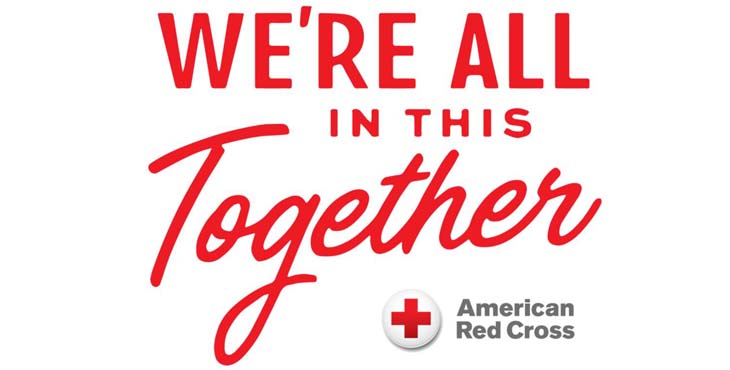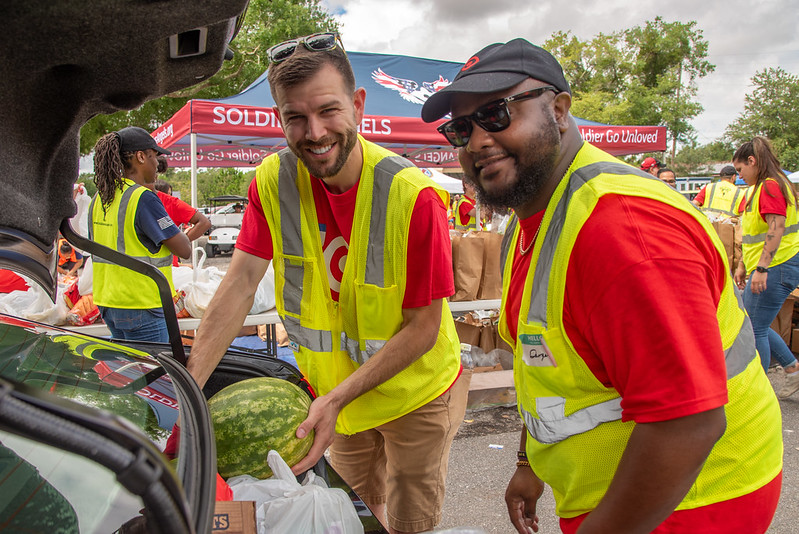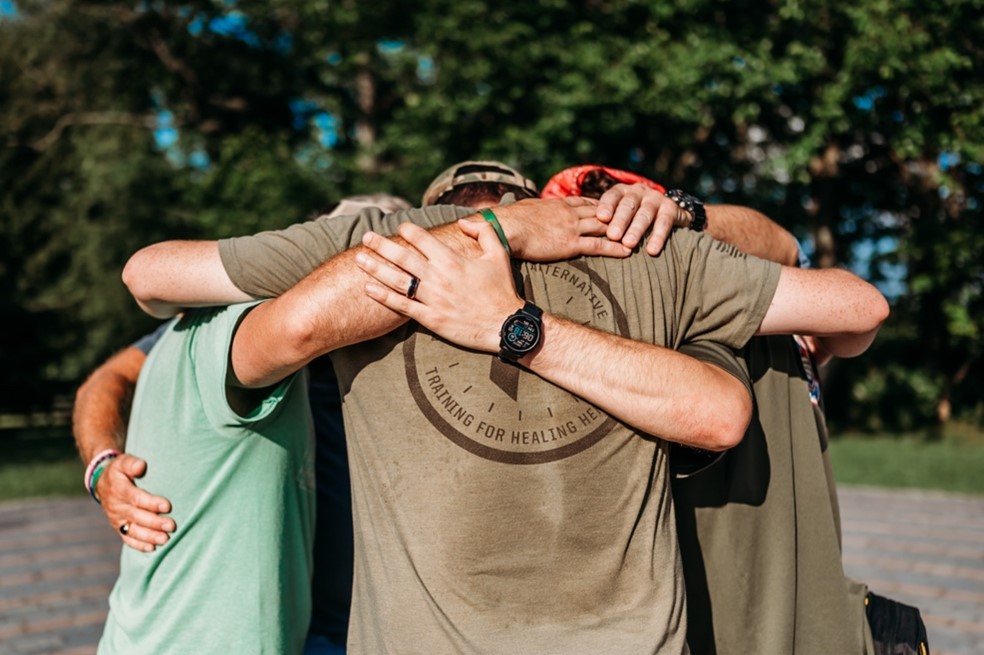During Sickle Cell Awareness Month in September, the American Red Cross emphasizes the importance of a diverse blood supply to help meet the needs of those with sickle cell disease—the most common inherited blood disorder in the U.S.
Sickle cell disease impacts more than 100,000 people across the country, most of whom are of African descent. Regular blood transfusions are critical to managing extreme pain and life-threatening complications faced by many. Unfortunately, they may develop an immune response against blood from donors that is not closely matched to their own. However, because most individuals who are Black have unique structures on their red blood cells that are not often found in other donor populations, 1 in 3 African American blood donors is a match for people with sickle cell disease.
Seasonal changes can trigger pain crises for those battling sickle cell—possibly increasing the need for lifesaving blood transfusions. As summer ends, book a time to give blood by using the Red Cross Blood Donor App, visiting RedCrossBlood.org or by calling 1-800-RED CROSS (1-800-733-2767). As a thank-you, all who come to give through Sept. 18 will get an exclusive Red Cross T-shirt, while supplies last.
Life-threatening complications
Sickle cell disease distorts soft, round blood cells and turns them hard and crescent-shaped, which can cause severe pain. “When cells harden, they can get caught in blood vessels, potentially leading to stroke and organ failure,” says Lisa Macaluso, Regional Donor executive for the Red Cross in the DMV. “Transfusions provide healthy blood cells, unblocking blood vessels and delivering oxygen, minimizing crises patients with sickle cell may face.”
Teanika Hoffman’s story
Teanika was diagnosed with Sickle Cell Type SC Disease around the age of two. By the time she was 10 years old, she’d already undergone four surgeries. And as part of the pre-operative care for each, she underwent a blood transfusion.
“I remember watching Sesame Street while being transfused and thinking I’m a big girl and I can handle this,” Hoffman said. “But in reality, it was the blood transfusions—they were necessary to keep me alive on the operating table.”
Hoffman will never forget a turning point in her fight, the first time she experienced a severe sickle cell pain crisis. It occurred when she was in the fifth grade.
“I was in English class and remember raising my hand, but I couldn’t describe what I was feeling or what was happening to my body,” she said. “Somehow I was able to stand and walk to the hallway, but in the hallway I just collapsed. It was like time slowed down—and I’m not sure how I made it to the nurse’s office, but I did.”
Joined by blood
To help ensure patients have the blood products they need, the American Red Cross is working with partners in the Black community to grow the number of blood donors who are Black through the sickle cell initiative, which launched in 2021. In the first year of the initiative, the number of first-time African American blood donors who gave with the Red Cross increased by 60%. In September and October 2022, the Red Cross is launching Joined by Blood, a fall component of the initiative where the Red Cross is teaming up with community organizations, like the National Pan-Hellenic Council and others, to host blood drives and inspire donors who are Black to give blood to support patients with sickle cell disease. To learn more, visit RedCrossBlood.org/OurBlood.
To find an upcoming blood donation opportunities, enter your zip-code at RedCrossBlood.org
Testing for sickle cell trait
At a time when health information has never been more important, the Red Cross is screening all blood, platelet and plasma donations from self-identified African American donors for the sickle cell trait. This additional screening will provide Black donors with an additional health insight and help the Red Cross identify compatible blood types more quickly to help patients with sickle cell disease. Donors can expect to receive sickle cell trait screening results, if applicable, within one to two weeks through the Red Cross Blood Donor App and the online donor portal at RedCrossBlood.org.
How to donate blood
Simply download the American Red Cross Blood Donor App, visit RedCrossBlood.org, call 1-800-RED CROSS (1-800-733-2767) or enable the Blood Donor Skill on any Alexa Echo device to make an appointment or for more information. All blood types are needed to ensure a reliable supply for patients. A blood donor card or driver’s license or two other forms of identification are required at check-in. Individuals who are 17 years of age in most states (16 with parental consent where allowed by state law), weigh at least 110 pounds and are in generally good health may be eligible to donate blood. High school students and other donors 18 years of age and younger also have to meet certain height and weight requirements.
Blood and platelet donors can save time at their next donation by using RapidPass® to complete their pre-donation reading and health history questionnaire online, on the day of their donation, before arriving at the blood drive. To get started, follow the instructions at RedCrossBlood.org/RapidPass or use the Blood Donor App.
About the American Red Cross
The American Red Cross shelters, feeds and provides comfort to victims of disasters; supplies about 40% of the nation’s blood; teaches skills that save lives; distributes international humanitarian aid; and supports Veterans, military members and their families. The Red Cross is a nonprofit organization that depends on volunteers and the generosity of the American public to deliver its mission. For more information, please visit redcross.org or CruzRojaAmericana.org, or visit us on Twitter at @RedCross.
Topics in this story
Link Disclaimer
This page includes links to other websites outside our control and jurisdiction. VA is not responsible for the privacy practices or the content of non-VA Web sites. We encourage you to review the privacy policy or terms and conditions of those sites to fully understand what information is collected and how it is used.
More Stories
Soldiers' Angels volunteers provide compassion and dedication to service members, Veterans, caregivers and survivors.
Veterans are nearly three times more likely to own a franchise compared to non-Veterans.
Built by Veterans for Veterans, Warrior PATHH is an in-person program designed to train you to manage struggle, trauma and hardship.






